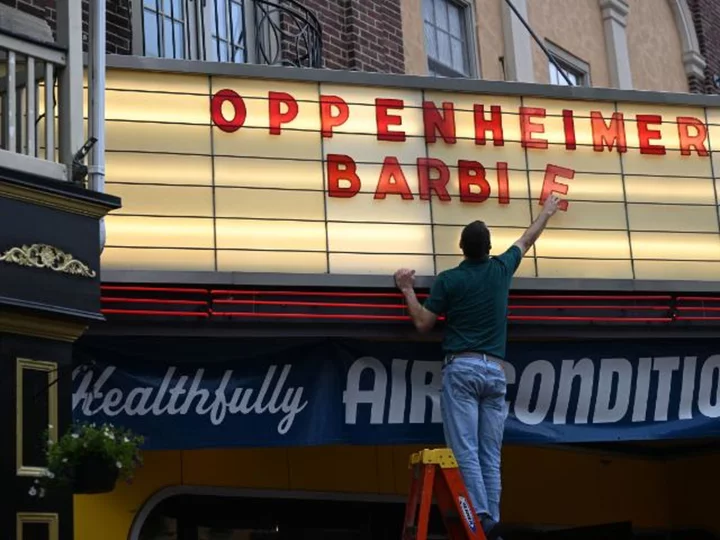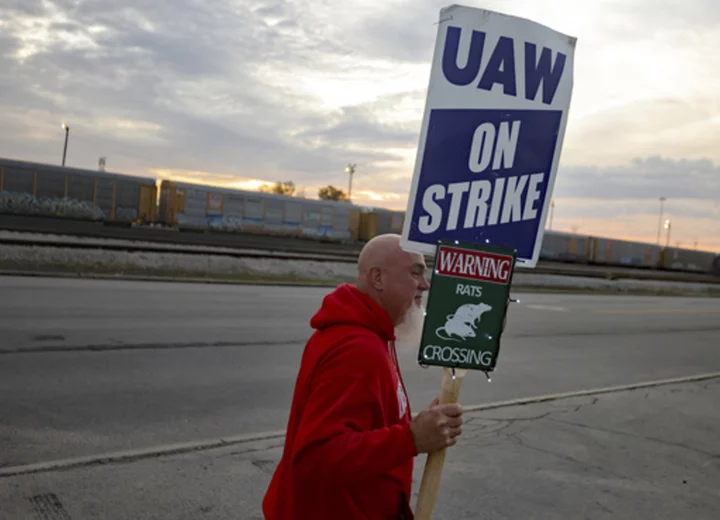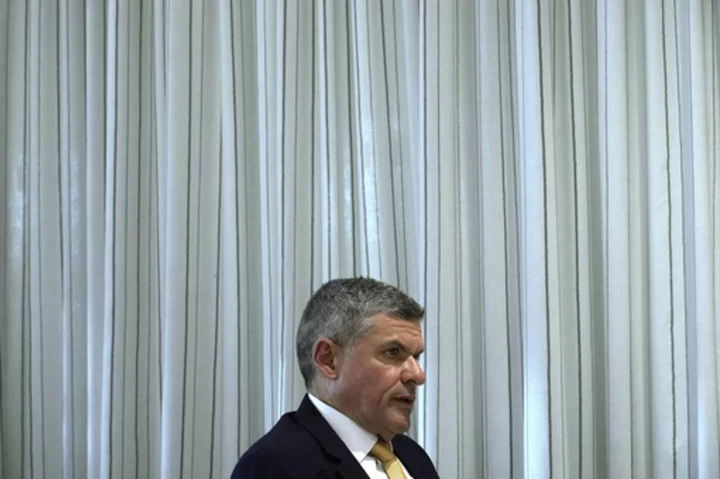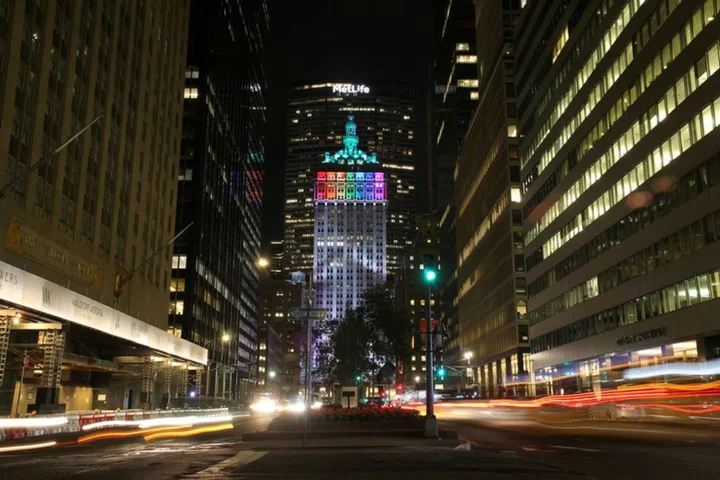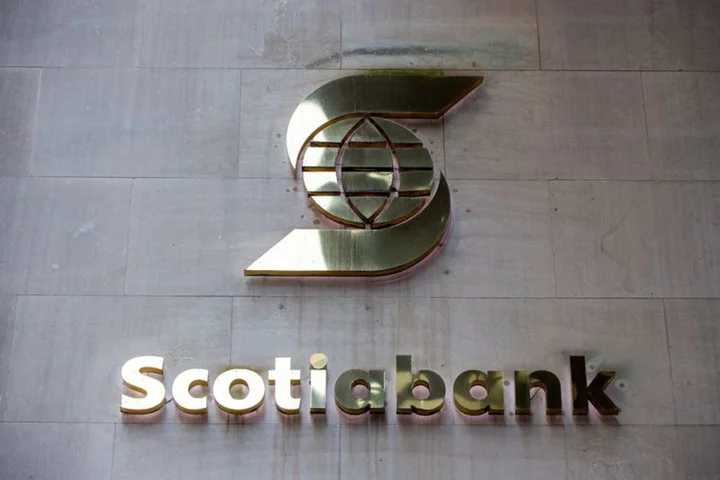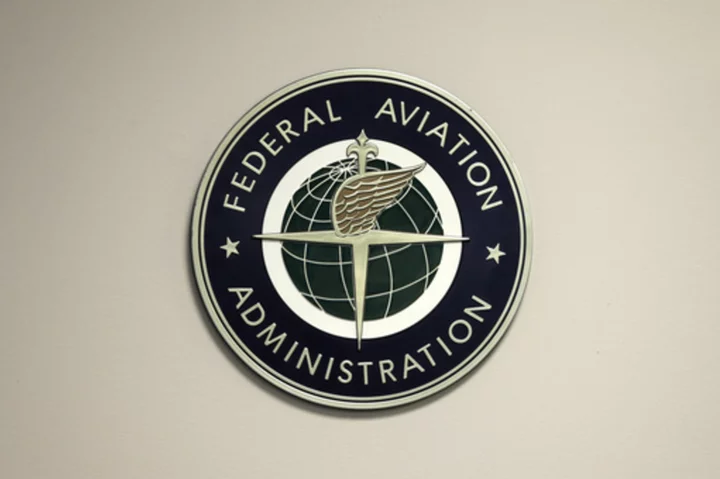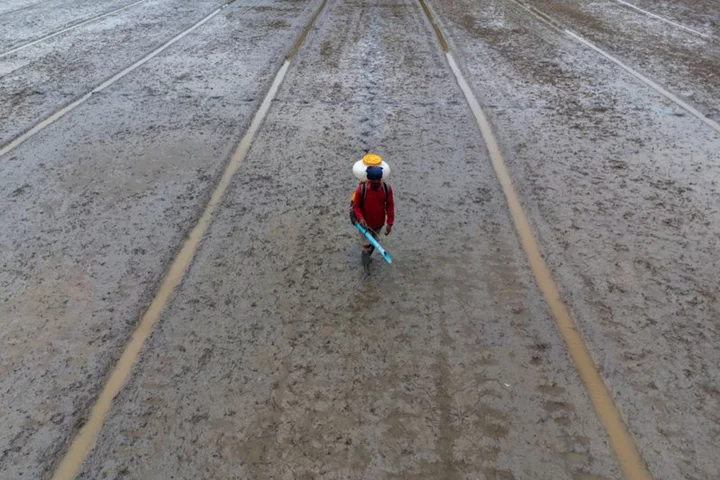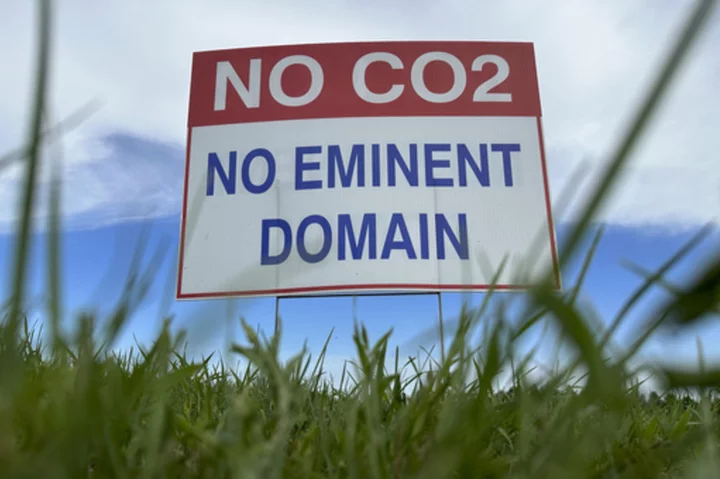Summer blockbusters "Barbie" and "Oppenheimer" have given the troubled film industry a big shot in the arm, kindling hopes that consumers may have fallen back in love with the big screen three years after the pandemic forced movie theaters to close.
The films raked in a combined $511 million in box office sales over their opening weekend, according to Boxoffice.com, which cited data from Warner Bros., the producers of "Barbie," and Universal Studios, which is behind "Oppenheimer."
It was "Barbie" that came out on top, earning $337 million globally, compared with "Oppenheimer's" $174 million. That gave the pink-drenched film the largest opening weekend of 2023 so far and the biggest-ever debut for a female director. (Warner Bros., is owned by CNN's parent company Warner Bros. Discovery.)
Timothy Richards, chief executive of Vue International, Europe's largest privately owned movie theater operator, said in a statement Sunday that it had seen its biggest weekend in four years for ticket sales.
"Vue saw its highest weekend admissions since 'Avengers: Endgame in 2019,'" Richards said, adding that it was "an incredibly exciting moment for the industry."
The box office haul caps weeks of intense marketing for both films, though particularly for "Barbie," director Greta Gerwig's comedy-cum-existential drama about the iconic doll's search for meaning, relevance and her reckoning with sexism in the real world. Burger King in Brazil made burgers with pink sauce, Crocs released a line of hot pink clogs, and Airbnb created a life-sized version of Barbie's Malibu DreamHouse to rent in California.
The contrast with Universal Studios' "Oppenheimer" could not have been starker. The film, directed by Christopher Nolan, tracks the journey of American physicist J. Robert Oppenheimer from kid genius to director of the United States' Manhattan Project, where he spearheaded the creation of the atomic bomb.
Yet the unlikely pairing seems only to have fueled interest in both. AMC, the world's largest movie theater chain, said last week that 60,000 people had bought tickets see both films on the same day.
For movie theaters, bludgeoned by poor ticket sales and a wave of permanent closures since the start of the pandemic, the pop culture sensation generated by "Barbenheimer" -— aided and abetted by a cottage industry of memes — might be exactly what the doctor ordered.
"People recognized that something special was happening, and they wanted to be a part of it," Michael O'Leary, president and CEO of the National Associations of Theater Owners in the United States, told CNN.
But whether the success of both films will translate into a sustained revival of the movie industry remains to be seen. Big budget films like Marvel's "The Flash" and Disney's "Indiana Jones and the Dial of Destiny" have underperformed this summer, and an ongoing strike by Hollywood actors and writers over pay and working conditions has temporarily stopped production on most films.
The financial toll of the pandemic has been immense. Cineworld, the world's second-biggest movie theater chain and owner of Regal Cinemas, filed for bankruptcy in September after posting a total $3.3 billion loss over 2020 and 2021. So far, Cineworld has shuttered 51 of its Regal movie theaters in the US.

